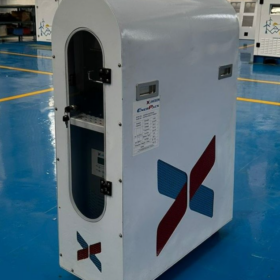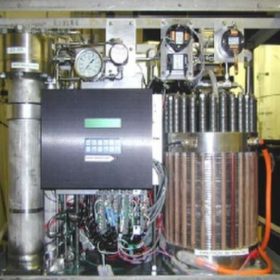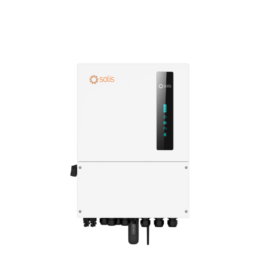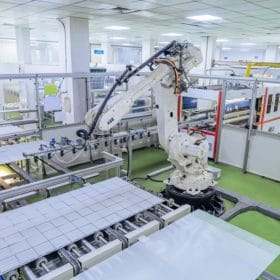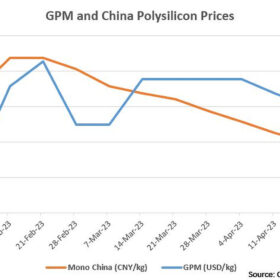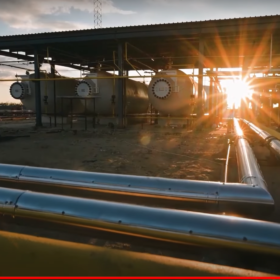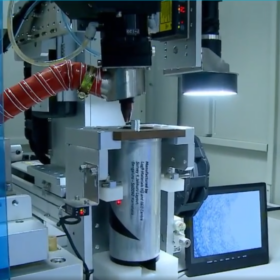Jakson unveils lithium battery inverter for residential applications
The 3 kW battery energy storage system with a 3 kW hybrid inverter and a 4.8 kWh, 48V lithium-ion battery module can be scaled to MW scale depending on the power backup requirement.
Study shows n-type bifacial TOPCon cells more prone to degradation than p-type
Dutch scientists have reported higher degradation risk for n-type TOPCon cells with EVA encapsulant due to potential moisture degradation. Front-side metallization makes n-type cells more vulnerable than p-type cells, according to damp heat tests.
BHEL to make electrolyzers
Bharat Heavy Electricals Ltd is seeking a business consultant to realize potential opportunities in electrolyzer manufacturing and the green hydrogen value chain.
Cosmic PV Power builds 600 MW solar module factory
The Indian manufacturer expects to start production from its second factory by June this year, bringing its total solar panel manufacturing capacity to 850 MW.
Biden to maintain US solar tariff pause with veto
US legislators are moving to restore tariffs for the shipment of solar components from four major Southeast Asian nations, but US President Joe Biden will veto the move and maintain the pause on tariffs.
Solis unveils hybrid inverters for rooftop applications
Solis has released a new line of hybrid inverters in five different power output versions, ranging from 3 kW to 8 kW. The hybrid inverters can be used with either lithium-ion or lead-acid batteries, with a maximum charging and discharging current of 190 A.
Goldi Solar to showcase HELOC Pro Mono module at RenewX
The Gujarat-based solar manufacturer will showcase the HELOC Pro series of mono PERC PV modules built with made-in-India cells at the upcoming RenewX trade expo in Hyderabad.
Polysilicon prices fall 1.33% to six-week low of $37.218/kg
In a new weekly update for pv magazine, OPIS, a Dow Jones company, provides a quick look at the main price trends in the global PV industry.
India will require INR 9 trillion capex to meet 2030 green hydrogen target
A new report says India will require INR 5.5-6 trillion to create 115-125 GW of renewable energy capacity and INR 3-3.5 trillion to meet 35-40 GW of electrolyzers requirement in order to reach green hydrogen production capacity of 5 MMT per annum by 2030.
Log9 Materials opens lithium battery cell factory
Bengaluru-based Log9 Materials has launched the production of li-ion battery cells from its factory in Bengaluru. The facility will produce lithium-titanium-oxide (LTO) and lithium ferro-phosphate (LFP) chemistry cells with significantly improved energy densities.
